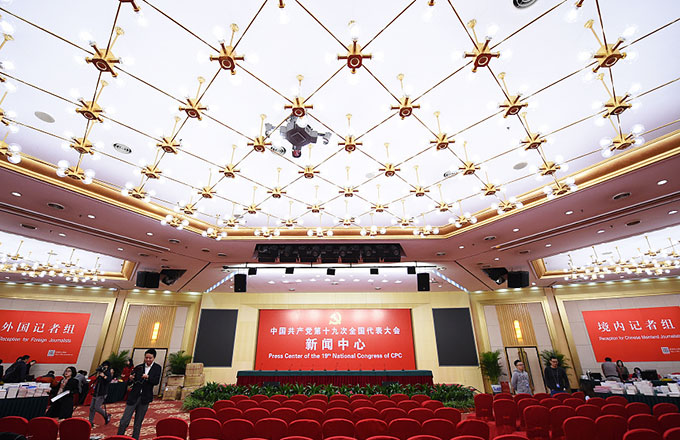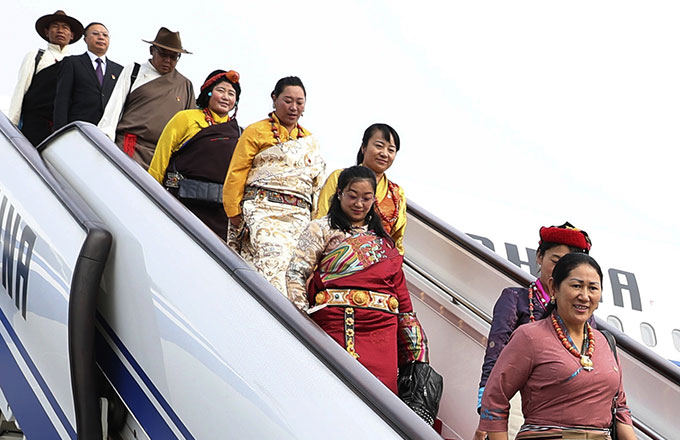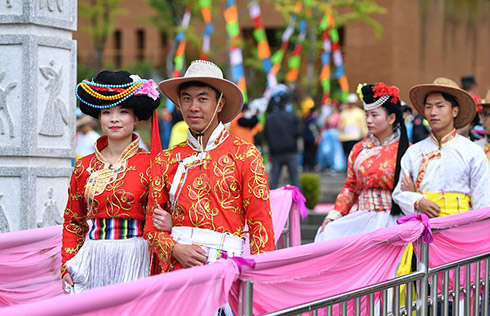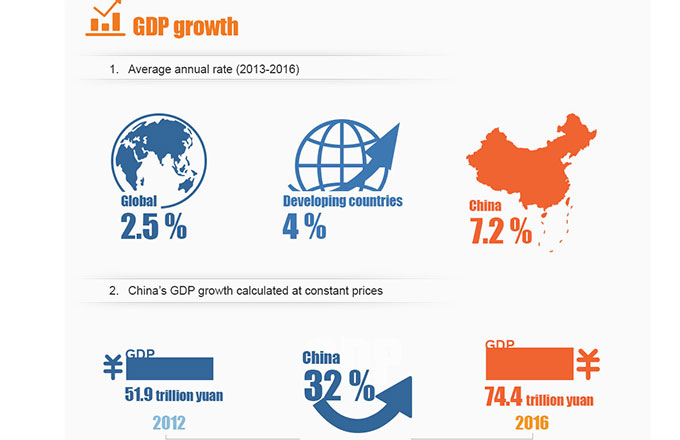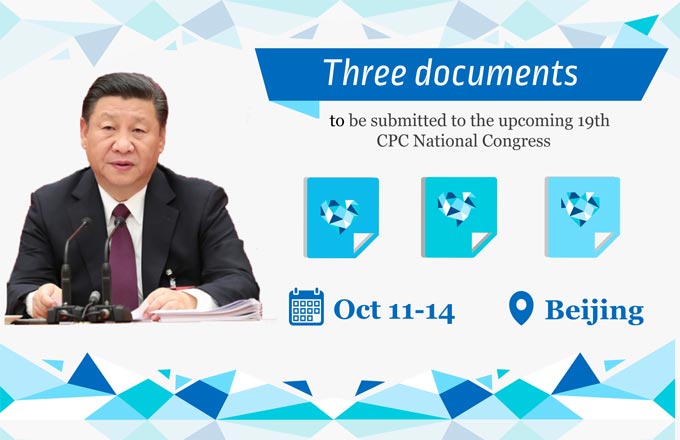Expats see even more opening-up
Longtime residents witness change, but say country poised for even more
Longtime foreign residents in the Gubei area, one of Shanghai's largest expat communities, said they have witnessed marvelous changes in the district and its local citizens the past few years, changes that might be difficult to find elsewhere.
These residents are among the first group of expats to settle into their second homes in Shanghai, as the Gubei area, which is between the city center and Shanghai Hongqiao International Airport, was formed as the first large-scale international community of high standard in the country in mid-1990s.
Michelle Teope of the Philippines said the area, as well as the country at large, has changed dramatically in the 17 years since she arrived.
"The country's transformation in economic strength and cultural diversity has, in turn, changed the way I live as well as that of all the other individuals and families," she said.
Teope is chairwoman of a volunteer organization formed by expats in the Gubei area and dedicated to raising money for children with congenital heart disease, so they can receive surgery. She said the most obvious change is that the local community shows more enthusiasm for charity.
"We have 40 volunteers, and in the past five years we had 10 Chinese joining us for the first time," said Teope, 55. The group, Beacon of Love, has raised enough since 2002 to provide surgeries for 350 children from the Chinese mainland, each costing about 30,000 yuan ($4,550).
Sachiko Ozaki shared Teope's feeling. The Japanese housewife, who moved to Shanghai 16 years ago with her husband and 2-year-old son, is a member of a group of Japanese women who hold a charity bazaar and donate the money to schools in impoverished inland regions.
"The bazaar first came into being 20 years ago, but it was only in recent years that local residents started to become interested," said Ozaki, 48. "My fellows have a common feeling that Chinese are becoming more and more passionate for charity programs."
Teope said how people give also has changed. "Local influential internet companies, such as Tencent and Sina, have set up charity platforms where people can publish verified information of a family in need and internet users can donate money online."
Ozaki said the changes she witnessed in Shanghai in the past five years were faster than what she ever found in Tokyo, where she comes from.
"Shanghai people are increasingly open-minded to internationalization. Their foreign travels are becoming more frequent and their English skills and fashion taste are getting better," she said.
The expats said they looked forward to the upcoming 19th National Congress of the Communist Party of China to further steer the country's development.
"The Belt and Road Initiative, which I understand as a way to share wealth and distribute benefits, and China's high-speed bullet trains will bring China new developments and global influence," Teope said.




